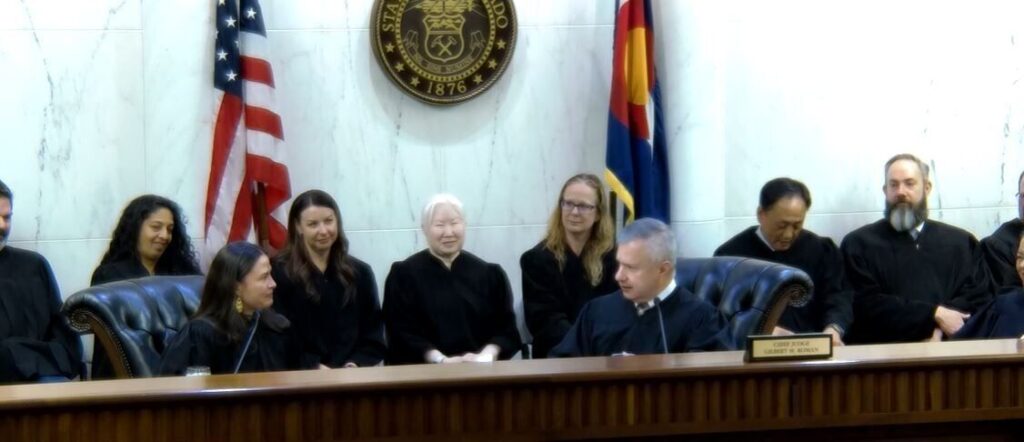Appeals court upholds quarter-million-dollar hospital bill, overturning jury’s interpretation of charges

The Colorado Court of Appeals has upheld one woman’s quarter million dollar hospital bill and overturned a jury verdict that substantially lowered the charges for her surgery, citing her agreement to pay all costs not covered by insurance.
In June 2014, Lisa Melody French went in to St. Anthony North Health Campus in Westminster for spinal surgery. She had health insurance through an employer, but her plan was out-of-network for the hospital. Prior to the surgery, the hospital told French that the procedure would cost approximately $57,600, but that her share of the payment would only be for $1,337 after insurance.
French also signed paperwork stating that she “understood that there is no guarantee of reimbursement or payment from any insurance company” and that she would pay “all charges” not covered by insurance.
Due to complications with her surgery, the cost ballooned to $303,709. French’s insurance paid over $73,000 toward the procedure and hospital stay. In June 2017, after the hospital attempted unsuccessfully to collect the $229,112 that French owed, it sued her.
The hospital asked the trial court judge to rule that “all charges” meant the predetermined rates for medical services that were calculated in French’s bill – known as a chargemaster. Instead, the court determined that the phrase was ambiguous, and that “the document signed by defendant is devoid of any reference to the Hospital’s chargemaster and does not define the meaning of ‘all charges.'” A jury subsequently found that although French had broken her contract with the organization, she only had to pay the “reasonable value of the goods and services.”
The jury reduced her bill from a quarter million dollars to $767.
The Colorado Court of Appeals, which had not previously ruled on this subject, noted that French admitted to not reading the agreement she signed, not understanding that she had out-of-network insurance and to thinking she would only be responsible for the initial quoted amount.
“I assumed when I was told [the surgery’s] covered, it’s covered,” French said.
Judge Terry Fox, writing for the three-member appeals panel, cited nearly a dozen rulings from other states’ courts finding that medical charges “unambiguously incorporat[ed] a hospital’s chargemaster rates.” Although some states limit charges to a number that is reasonable or impose caps for uninsured or underinsured patients, Colorado does not.
Because of the unforeseen complications in French’s surgery that caused an escalation in price, Fox explained, it was not reasonable that her initial estimated bill “must contain a precise price for it to unambiguously incorporate a hospital’s chargemaster rates and be enforceable.”
Furthermore, the court found, the hospital issued its standard charges, which were valid even though French did not ask to see them before signing the agreement. Any move by the appellate judges to lower French’s bill, Fox wrote, would be an “impractical…attempt to resolve the complexity of the health care system.”
She added that if French was curious about the charges beforehand, French could have checked with the Colorado Hospital Association, which publishes average hospital charges. Otherwise, to attempt to revise French’s bill would “require hospitals to litigate the reasonableness of their charges in order to obtain recovery, thereby ignoring the reality of our health care system.”
Fox cautioned that the ruling did not deny patients the right to question costs or negotiate discounts to hospital rates.
The appeals court overturned the jury verdict and sent French’s case back to the lower court. The case is Centura Health Corporation and Catholic Health Initiatives Colorado v. Lisa Melody French.














